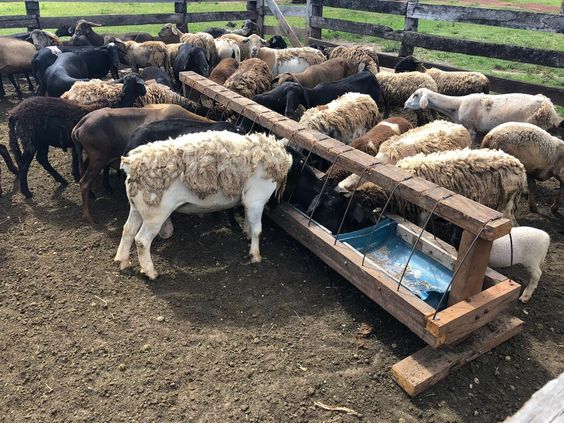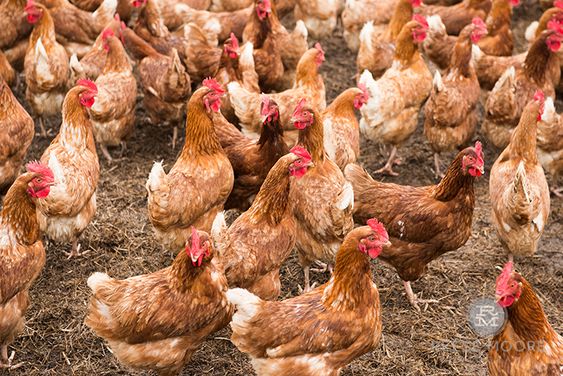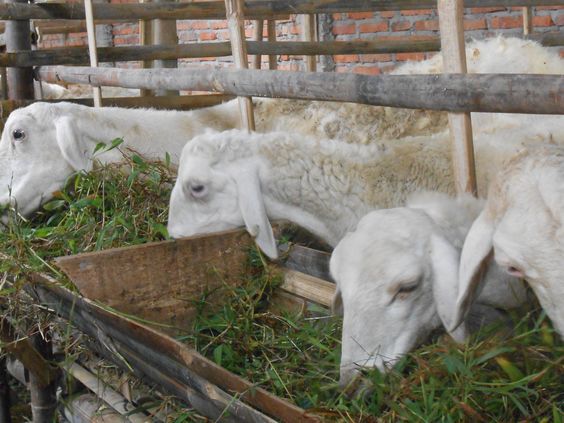Large Scale Sheep Farming: A Comprehensive Guide
Large Scale Sheep Farming, also known as intensive sheep production, involves raising substantial flocks of sheep for commercial purposes. This practice is distinct from small-scale, family-run farms that focus on more personalized animal care. Large-scale sheep farms prioritize efficiency and output, often employing advanced technologies and specialized management techniques.
Sheep have been domesticated for millennia, providing humans with a vital source of meat (lamb and mutton), wool, and milk. Large-scale sheep farming emerged as a response to growing global demand for these products. Today, it plays a significant role in the agricultural sector of many countries, particularly in Australia, New Zealand, China, and the United States.
This guide delves into the world of large-scale sheep farming, exploring its various aspects, advantages, and considerations. We’ll examine the goals of these operations, delve into best practices, and explore innovative ideas for the future of this industry.
Benefits of Large Scale Sheep Farming
Large Scale Sheep Farming offers several advantages over smaller operations. These include:
- Economies of Scale: Larger flocks enable farms to leverage economies of scale, reducing costs per animal in areas like feed, veterinary care, and labor.
- Increased Efficiency: Large-scale farms can implement specialized equipment and streamlined processes to optimize efficiency in tasks like shearing, feeding, and animal movement.
- Improved Biosecurity: Larger farms often have the resources to implement stricter biosecurity measures, minimizing the risk of disease outbreaks that can devastate sheep populations.
- Market Access and Power: Large-scale producers often have greater bargaining power when negotiating with processors and retailers, potentially securing better prices for their products.
- Technological Innovation: Larger farms are more likely to adopt advanced technologies like automated feeding systems, electronic identification tags, and precision agriculture techniques for improved data collection and decision-making.
Goals of Large Scale Sheep Farming
The primary goals of Large Scale Sheep Farming can be categorized as follows:
- Maximized Production: The core objective is to raise healthy sheep with high productivity in terms of meat, wool, or milk yield.
- Improved Flock Health and Welfare: Maintaining healthy sheep minimizes losses and ensures optimal production. However, animal welfare considerations are becoming increasingly important for large farms.
- Sustainability: Large-scale farms are increasingly adopting sustainable practices to minimize environmental impact and ensure the long-term viability of the operation.
- Profitability: Ultimately, large-scale sheep farms aim to be profitable businesses, balancing production costs with market prices for their products.
Breeds and Selection for Large-Scale Sheep Farming
The choice of sheep breed is crucial for Large Scale Sheep Farming. Factors to consider include:
- Production Focus: Different breeds excel in specific areas. Merino sheep are renowned for their fine wool, while breeds like Texel and Suffolk are known for high-quality meat production. Dual-purpose breeds like the Columbia Sheep can provide both wool and meat.
- Climate and Environment: Breeds are adapted to specific climates. For instance, Merino sheep do well in hot, dry regions, while breeds like the Romney Marsh are better suited for cooler, wetter areas.
- Disease Resistance: Choosing breeds with natural resistance to prevalent diseases in the region can minimize reliance on antibiotics and improve animal health.
Management Practices in Large Scale Sheep Farming
Effective management practices are essential for success in Large Scale Sheep Farming. Key areas include:
- Flock Nutrition: Providing sheep with a balanced diet that meets their nutritional needs for optimal growth, reproduction, and wool production is crucial. This may involve grazing on pastures, supplementation with concentrates, and ensuring access to clean water.
- Health Management: Regular veterinary checkups, vaccination programs, and preventative measures against parasites are essential to maintain animal health and minimize disease outbreaks.
- Reproduction Management: Large-scale farms often employ controlled breeding techniques like artificial insemination to improve genetic selection and lambing rates.
- Record Keeping: Maintaining detailed records on individual animals, breeding history, health treatments, and production data is crucial for tracking performance, identifying areas for improvement, and making informed decisions.
- Pasture Management: Large farms often implement rotational grazing practices to ensure sustainable pasture use and prevent overgrazing.
- Shearing and Wool Handling: Shearing sheep at the appropriate time and implementing proper wool handling techniques are essential for maximizing wool quality and value.
Considerations for Large Scale Sheep Farming
- Labor and Expertise: Large-scale sheep farms require skilled labor to manage various tasks, including animal husbandry, equipment operation, and data analysis. Finding and retaining qualified personnel is crucial.
- Financial Investment: Establishing a large-scale sheep farm requires significant upfront investment in land, infrastructure, breeding stock, and equipment. Careful financial planning and risk management are essential.
- Environmental Impact: Large sheep flocks can have an environmental impact on soil health, water quality, and greenhouse gas emissions. Implementing sustainable practices like rotational grazing, manure management, and responsible use of resources is crucial.
- Animal Welfare: Large-scale sheep farms face increasing scrutiny regarding animal welfare. Adopting practices that minimize stress, ensure proper shelter and handling, and provide enrichment opportunities are essential.
- Regulations and Permits: Large-scale farms must comply with various regulations related to animal welfare, biosecurity, environmental protection, and waste disposal. Obtaining necessary permits and adhering to regulations is vital.
Innovative Ideas for Large Scale Sheep Farming
The sheep farming industry is constantly evolving, and Large Scale Sheep Farming are at the forefront of adopting new technologies and practices. Here are some innovative ideas gaining traction:
- Precision Livestock Farming: Utilizing technologies like electronic identification tags, sensors, and data analysis tools allows for more precise monitoring of individual animal health, behavior, and performance. This data can be used to optimize feeding regimens, identify potential health issues early on, and improve breeding selection.
- Robotics and Automation: Robots are being developed to automate tasks like shearing, feeding, and cleaning pens. This can improve efficiency, reduce labor costs, and potentially improve animal welfare by minimizing human interaction.
- Regenerative Agriculture: Large farms are implementing practices like cover cropping and improved grazing management to promote soil health, carbon sequestration, and biodiversity. This approach can enhance pasture productivity and contribute to environmental sustainability.
- Vertical Farming: While not yet widespread, vertical farming concepts are being explored for sheep. This involves raising sheep in controlled indoor environments, potentially mitigating challenges like harsh weather conditions and disease outbreaks.
- Direct Marketing and Consumer Engagement: Large farms are exploring ways to connect directly with consumers, offering branded products and promoting sustainable practices. This can provide greater control over pricing and build stronger relationships with customers.
The Future of Large Scale Sheep Farming
The future of Large Scale Sheep Farming is likely to be shaped by several key trends:
- Sustainability: Consumer demand for sustainably produced meat and wool will likely continue to grow. Large farms will need to demonstrate their commitment to responsible land management, animal welfare, and environmental protection.
- Technological Innovation: Advancements in areas like precision agriculture, robotics, and genomics will continue to reshape the industry. Large farms that embrace these technologies will be well-positioned for success.
- Market Consolidation: The sheep farming industry might see further consolidation, with larger farms gaining market share. Efficiency and economies of scale will be crucial for competitiveness.
- Evolving Consumer Preferences: Consumers are increasingly interested in the origin and production methods of their food. Large farms may need to adapt their messaging and marketing strategies to cater to these preferences.
- Animal Welfare Concerns: Animal welfare will remain a crucial issue. Large farms will need to demonstrate high standards of animal care to maintain consumer trust and social license to operate.






